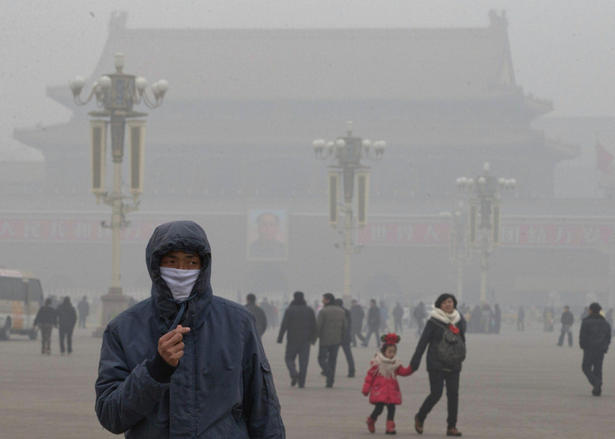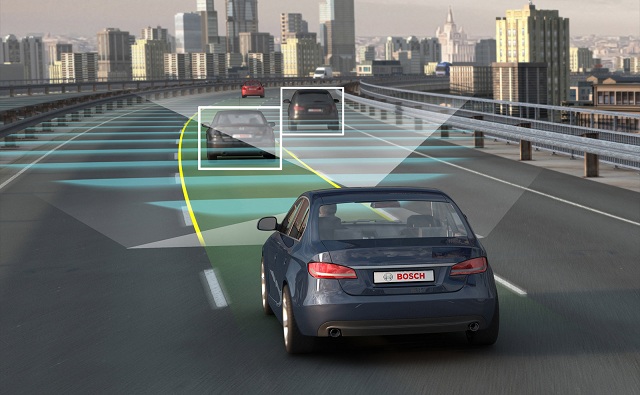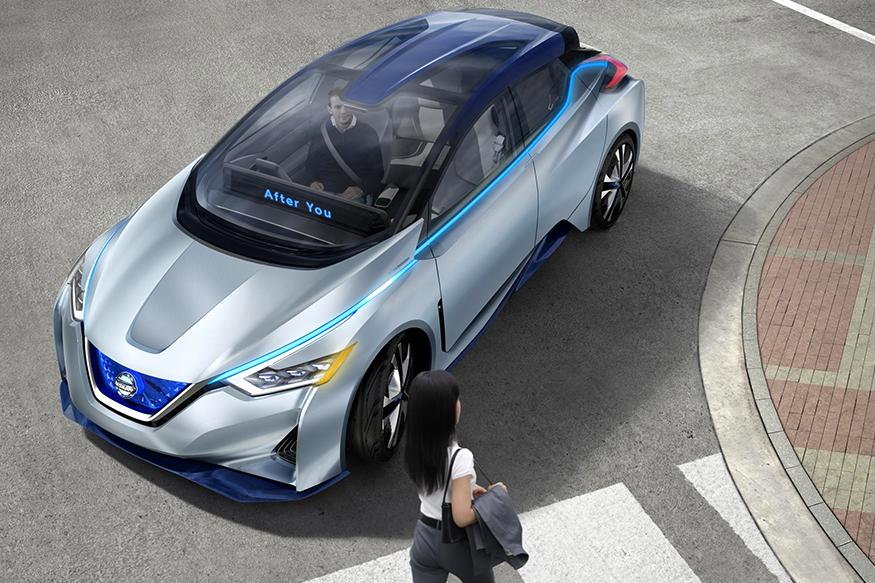Now Reading: Beijing prohibits high-emission vehicles in anti-smog battle
-
01
Beijing prohibits high-emission vehicles in anti-smog battle
Beijing prohibits high-emission vehicles in anti-smog battle

China’s capital Beijing will ban high-emission vehicles from Wednesday as part of its efforts to fight pollution.
Worried about the damage done to its reputation by consistent smog, the municipal government assured in January that it would take remarkable measures this year to curb emissions from coal usage and automobiles.
China is also thinking about tough new procedures restricting industrial activity in the region surrounding Beijing, according to a draft policy document viewed by Reuters.
Gasoline-powered automobiles that cannot fulfill China’s Emission Standard III will not be permitted to go into the city’s main districts on weekdays, and motorists will be fined if they fail to comply.
Beijing was among 24 cities to release a smog “red alert” at the end of 2016, permitting officials to enforce emergency restrictions on traffic and industrial output in order to lower emissions.
The 5.7 million automobiles on Beijing’s roads account for 31 percent of the city’s harmful breathable particles referred as PM2.5, a major constituent of smog. Automobiles are likewise approximated to be responsible for over 80 percent of the carbon monoxide gas in China’s air.
China has prepared new rules requiring all light cars to adhere by 2020 to its strictest “China VI” emission standards, which are based on those used in Europe and the United States.
New vehicles in Beijing will have to abide by the China VI standards from this year.
Stay Informed With the Latest & Most Important News
-
 01Polestar Boss Says It’s Time To Outrun BMW M And Mercedes-AMG
01Polestar Boss Says It’s Time To Outrun BMW M And Mercedes-AMG -
 02Spy Shots: 2027 Mitsubishi Pajero Spotted in Testing Ahead of Possible U.S. Return
02Spy Shots: 2027 Mitsubishi Pajero Spotted in Testing Ahead of Possible U.S. Return -
 032026 Toyota Hilux EV: A Powerful Truck with Silent Torque
032026 Toyota Hilux EV: A Powerful Truck with Silent Torque -
![2027 Mercedes-Benz S-Class Debuts with V8 Engine [Photo Gallery]](https://speedlux.com/wp-content/uploads/2026/01/2027-Mercedes-Benz-S-Class-33-155x125.jpg) 042027 Mercedes-Benz S-Class Debuts with V8 Engine [Photo Gallery]
042027 Mercedes-Benz S-Class Debuts with V8 Engine [Photo Gallery] -
 052026 Corvette ZR1 Production Surges Past Expectations as Output Clears 1,000 Units
052026 Corvette ZR1 Production Surges Past Expectations as Output Clears 1,000 Units -
 06Spy Photos: VW ID. Polo GTI Goes Electric with 223 HP and 280 Miles of Range
06Spy Photos: VW ID. Polo GTI Goes Electric with 223 HP and 280 Miles of Range -
 07Hyundai Palisade’s Breakout Year Shows How Quickly the Market Can Turn
07Hyundai Palisade’s Breakout Year Shows How Quickly the Market Can Turn



![2027 Mercedes-Benz S-Class Debuts with V8 Engine [Photo Gallery]](https://speedlux.com/wp-content/uploads/2026/01/2027-Mercedes-Benz-S-Class-33-700x394.jpg)










































